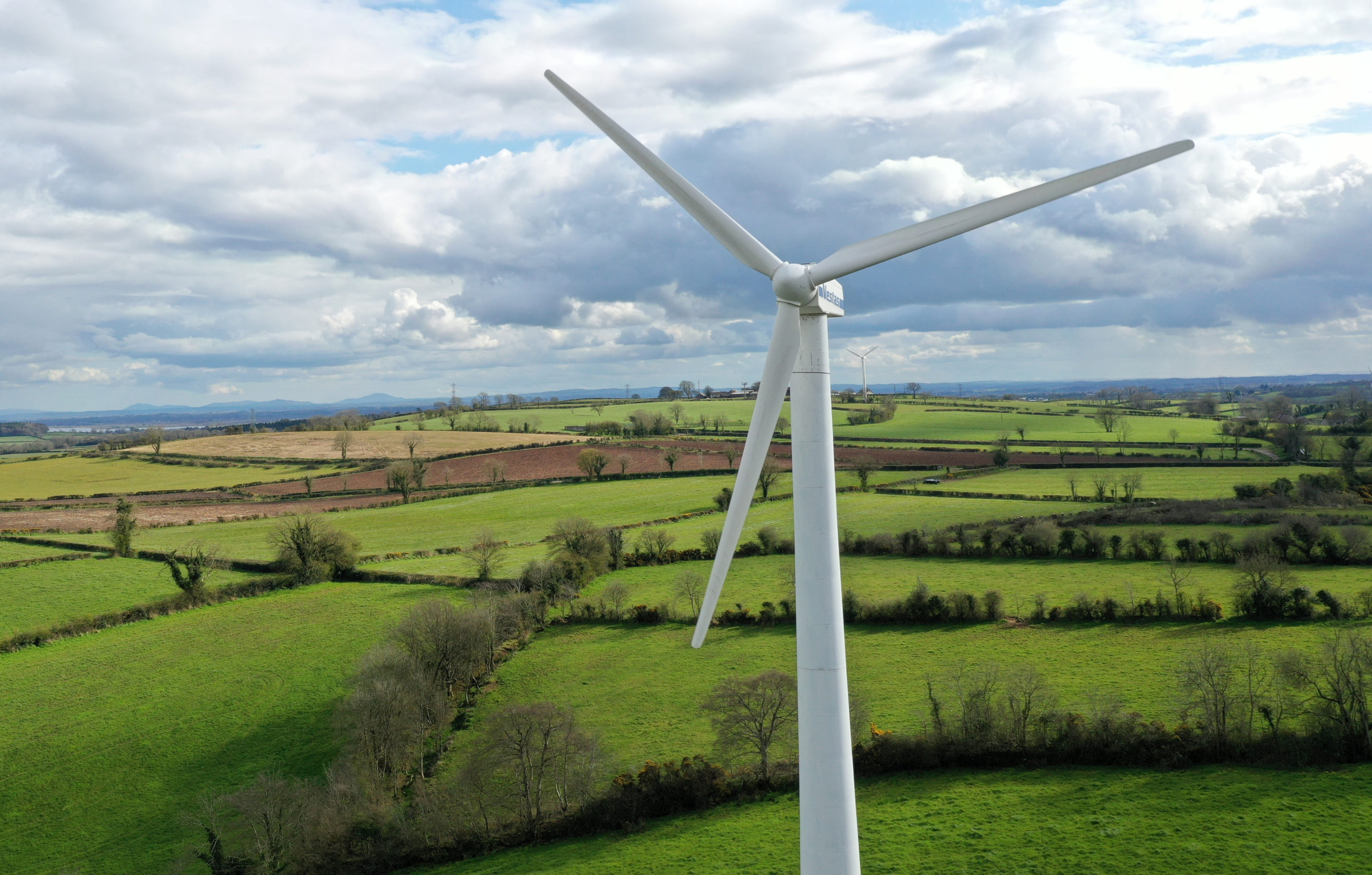We often think of climate change as a global crisis impacting far-away places the most, with the image of melting ice caps springing to mind. We somehow have created this idea that climate change is not a local problem. But, it is. As the global average temperature rises, so does Northern Ireland’s.
We are expected to see changes in Northern Ireland which will include increasingly hot summer days, more intense summer rainfalls, fewer winter cold snaps and wetter winters. We will see changes to the environment, the economy and natural resources of Northern Ireland.
UK climate change projections, published in 2018 (UKCP18), set out a range of possible outcomes over the next century, based on different rates of greenhouse gas emissions into the atmosphere. These projections highlighted the highest predicted releases for Northern Ireland which shows that by:
- 2070, winters could be up to 3.9 °C warmer and summers could be up to 4.9°C hotter
- 2070, winters could be 25 per cent wetter and summers 38 per cent drier
- 2100, sea levels in Belfast could rise by up to 94cms
Thinking and acting at a local level helps communities fight climate change and build resilience to climate impacts.
We have outlined 5 small changes you can make to reduce climate change on a local level.
Source your food locally
By simply choosing food and drink products made locally in Northern Ireland and adjusting your diet to eat seasonally, you can cut down on the carbon impact of the food you consume. Food miles are a major contributor to carbon emissions and in turn climate change. Not only does looking for ‘Made in Northern Ireland’ on your food packaging mean that you are helping to reduce the distance with your food has travelled from farm to table, but this also helps to support local producers and the Northern Ireland economy.
Cut back on foreign business travel
Flying is the most damaging way to travel for the climate and is known to increase your carbon footprint significantly. Whilst sometimes flying is necessary, we recommend saving your airmiles for your holidays and considering ways to reduce your carbon footprint via business travel. Our recent experiences have proven that an impressive amount of business can be done via video or phone calls, so perhaps reconsider resuming the same level of business travel post-pandemic and save international travel for your holidays or special occasions.
Walk or cycle instead of driving
Alongside being good for the environment, walking or cycling is also much better for your mental and physical health. Car pollution is one of the major causes of global warming as cars which burn fossil fuels emit harmful greenhouse gases. When you can, it is best to seek an alternative option. When driving is unavoidable, perhaps consider investing in an electric car which produces fewer emissions than their gas-powered counterparts – and can also be charged directly from a wind turbine.
Reduce your energy use
Small changes to your behaviour at home or work can massively reduce your carbon footprint and your energy bills. Remember to turn off lights when you leave the room, put on a few extra layers instead of having the heating on all day and consider replacing your LED bulbs with low-energy lights. For maximum impact you can also ensure your business is powered by 100% locally-generated renewable electricity like that supplied by 3T Power.
Use your voice
Lastly and perhaps most importantly, the decisions made by our government will largely affect the future for climate change in Northern Ireland. Write to your local MLA and use your voice to let them know what action they need to make.
For more information on how you can reduce your company or organisation’s carbon footprint and play your part in delaying or reducing climate change, please contact a member of our team for more information.
